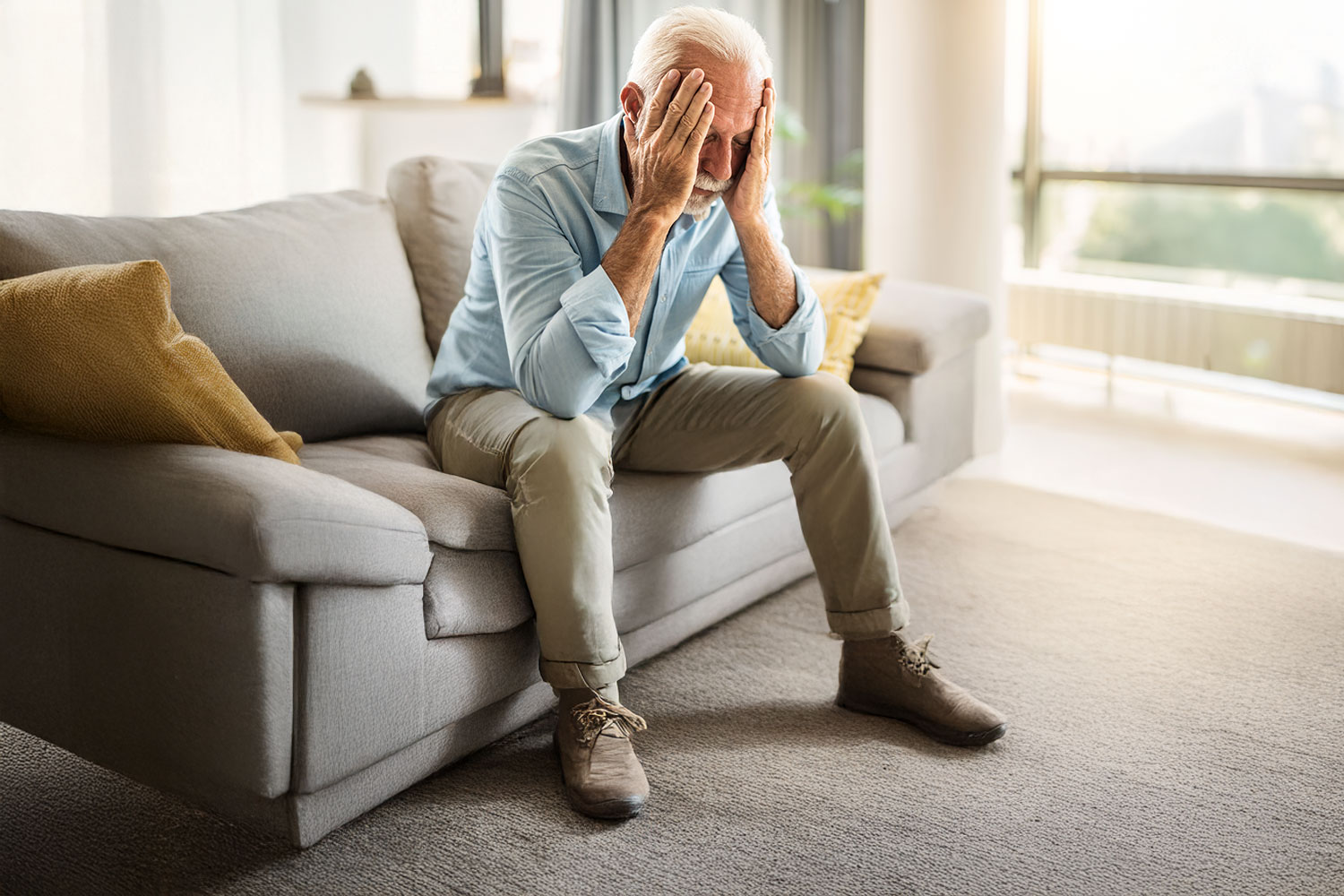Some treatments cause specific side effects. This section explains what side effects are common with chemotherapy.
-
Chemotherapy can cause many side effects. This brochure explains what chemotherapy is, side effects of chemotherapy, how to reduce side effects, and problems to look out for.
Format: Brochure - Time to Complete: 60 minutes
